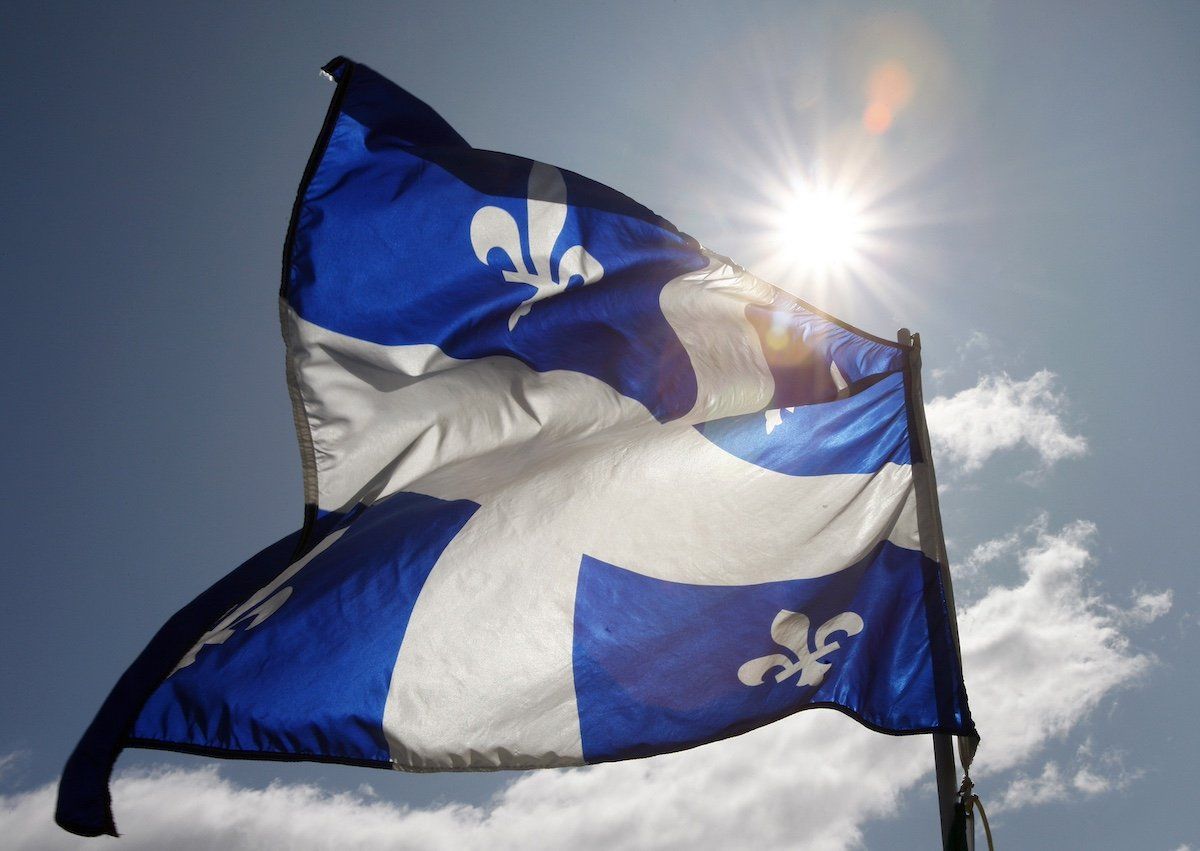Concordia University announced it would join its fellow Montreal-based university, McGill, in providing financial aid of up to CA$4,000 to students from other provinces as a way of offsetting the impact of the Quebec government’s controversial new efforts to protect local Francophone culture.
In October, the Quebec provincial government announced tuition for students from other provinces would nearly double to CA$17,000 (it’s since been reduced to CA$12,000) and required at least 80% of non-Quebecer students to achieve intermediate skills in spoken French. The burden falls overwhelmingly on Concordia and McGill Universities, the only two public universities in Quebec that teach in English and attract a disproportionate number of out-of-province pupils due to their internationally recognized reputations.
The divide between Anglophone and Francophone Canadians has been a driving force in the politics of the Great White North for nearly three centuries, and the Quebec government says it is merely bolstering its hard-won protections for the French language. McGill President Deep Saini didn’t see it so sanguinely, calling the new rules a “targeted attack” on Anglophone universities that would do very little to improve the province’s Francophonie but would wreck academic reputations that took decades to build.
GZERO’s Social Media Manager Emilie Macfie is a bilingual Quebecer from an Anglophone family who graduated from McGill. She said she is not surprised by the government’s move, given the threat to the incumbent Coalition Avenir Québec from the stridently Francophone and independence-oriented Parti Québécois. “They’re scrambling desperately and trying to out PQ the PQ,” she said.
The financial aid from McGill and Concordia might help make an education in Quebec more feasible, but the early numbers don’t look good. Applications to McGill are down by 20%, and graduates are concerned their alma mater’s reputation may crumble if the best and brightest Canadians find another place to study.
